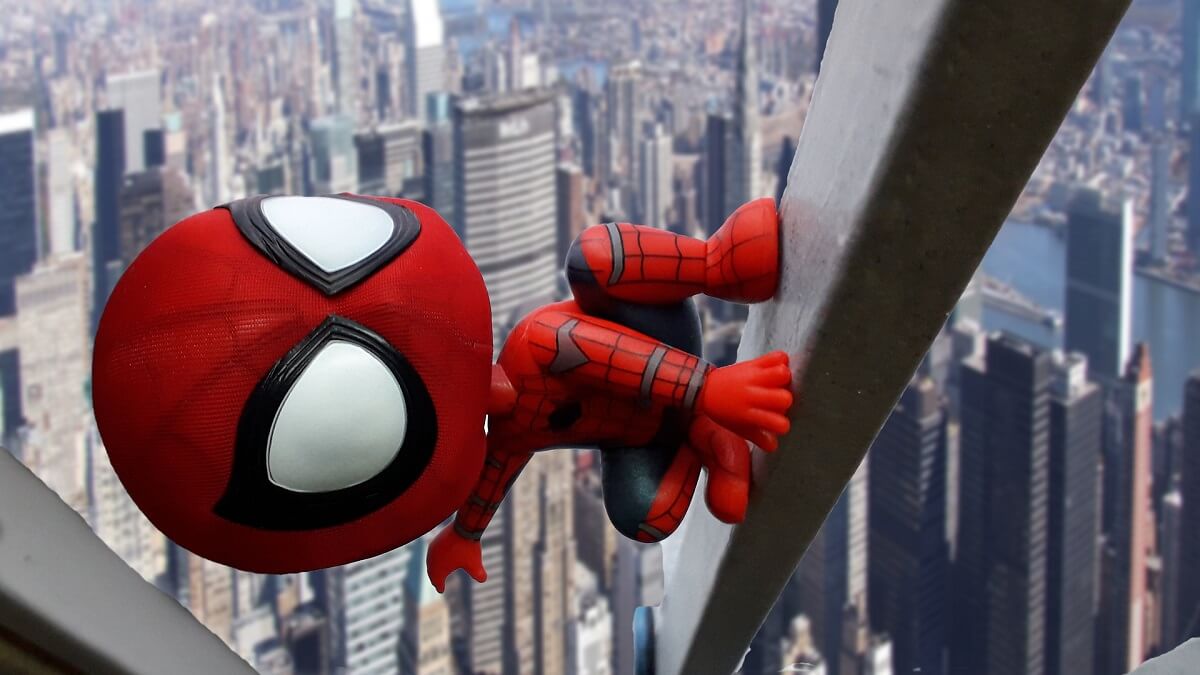Superheroes don’t lead healthy lifestyle, study shows

Want to get healthy and age better? Superheroes might be your fitness inspiration. Or not.
In a new study, published in BMJ, University of Queensland researchers compared the lifestyles, personalities and behaviours of superheroes in 24 Marvel films – and discovered they aren’t exactly fitness goals
To assess the effect of the superhero lifestyle on ageing, Professor Ruth Hubbard, Masonic Chair of Geriatric Medicine at the Centre for Health Services Research, analysed over 50 hours of Marvel film to assess their health and lifestyle in relation to ageing. They had to assume that all the superheroes would age (except for Thor, already a millennia-old demigod) and that their ageing process could be affected by modifiable behaviours, just like the rest of us.
“Our study found Iron Man, Hulk, Black Widow, Black Panther and Spiderman engaged in regular physical activity and maintained strong social cohesion, which are associated with healthy ageing and reduced risk of dementia,” Hubbard says.
“The superheroes displayed a positive mindset, psychological resilience and a sense of purpose, and all of them, except for Thor and Iron Man, avoided smoking and heavy drinking, which are also behaviours associated with longer life and healthy ageing.”
And Thor and Iron Man hardly count, since one is the literal son of Odin and the other is dead… oh, too soon?
Thor gets a nod because of his regular running routine, because he runs towards all his problems.
On the other hand, Black Panther gets bonus points for being wealthy and intelligent, factors which put him at a lower risk of dementia.
“Black Panther was also a vegetarian, which supports healthy ageing,” says Hubbard.
But not everyone was living their best life, with some superheroes frequently engaged in activities that increased the risk of poor ageing. Whenever they were off destroying saving cities and planets, they experienced exposure to loud noises, air pollution, and multiple head injuries, all of which increase the risk of dementia, irreversible physical injury and disability.
And then there is the Hulk.
Hubbard explains that Hulk’s heart problems, high body mass index and perpetual anger put him at risk of chronic heart disease – and can we talk about how Bruce Banner has an MD and SEVEN PhDs? Surely that kind of stress has an effect, but maybe that’s his secret No wonder he is always angry.
Poor Black Widow had a traumatic childhood which also increases the risk of physical and mental illness, and while Spiderman would absolutely pass the vibe check at yoga class, what he really needs is a good night’s sleep.
“Spiderman’s strength, flexibility and agility should reduce his risk of falls in old age, but his nightly crime fighting means he is unlikely to be sleeping 8-10 hours a night as recommended for teenagers his age, which can lead to obesity, poor mental health, and higher rates of unintentional injuries,” says Hubbard.
Okay, so they aren’t perfect! Even superheroes need to listen to their doctors, because you can’t just get healthier with the snap of a finger.
“Together, the Marvel superheroes focus on maintaining safety of the multiverse, modulating human consciousness, creating artificial intelligence and developing technology to facilitate space travel,” says Hubbard.
“Our study suggests they move their focus to dealing with challenges such as how to provide high-quality health and social care across large, ageing populations and preventing frailty and dementia.
“This would enable people across the multiverse, including superheroes, to experience high quality of life in older age.”





